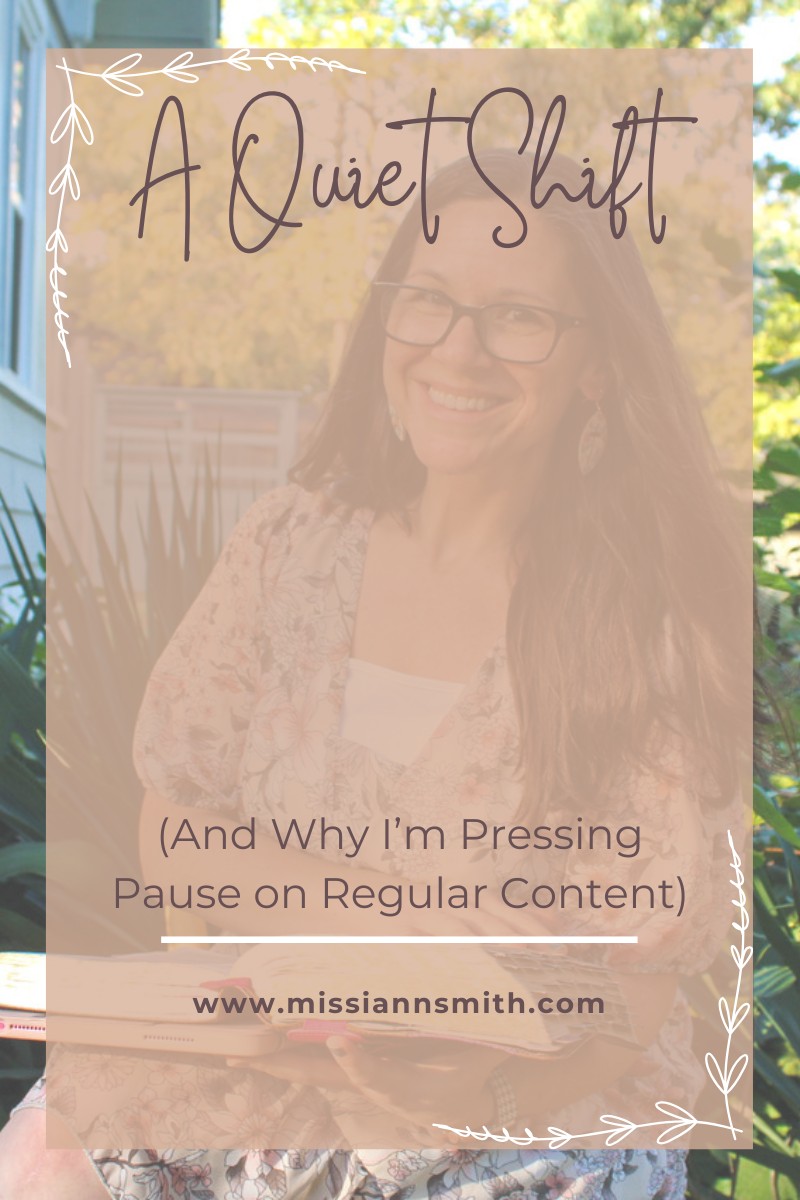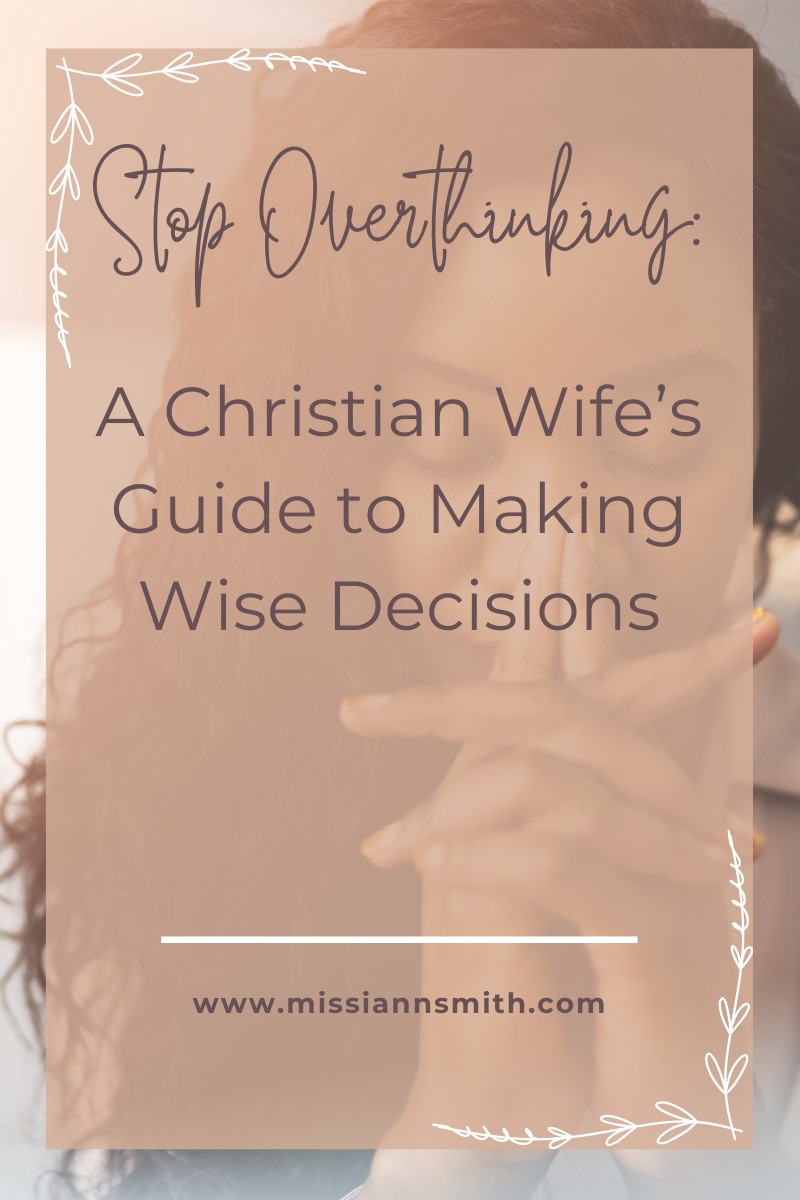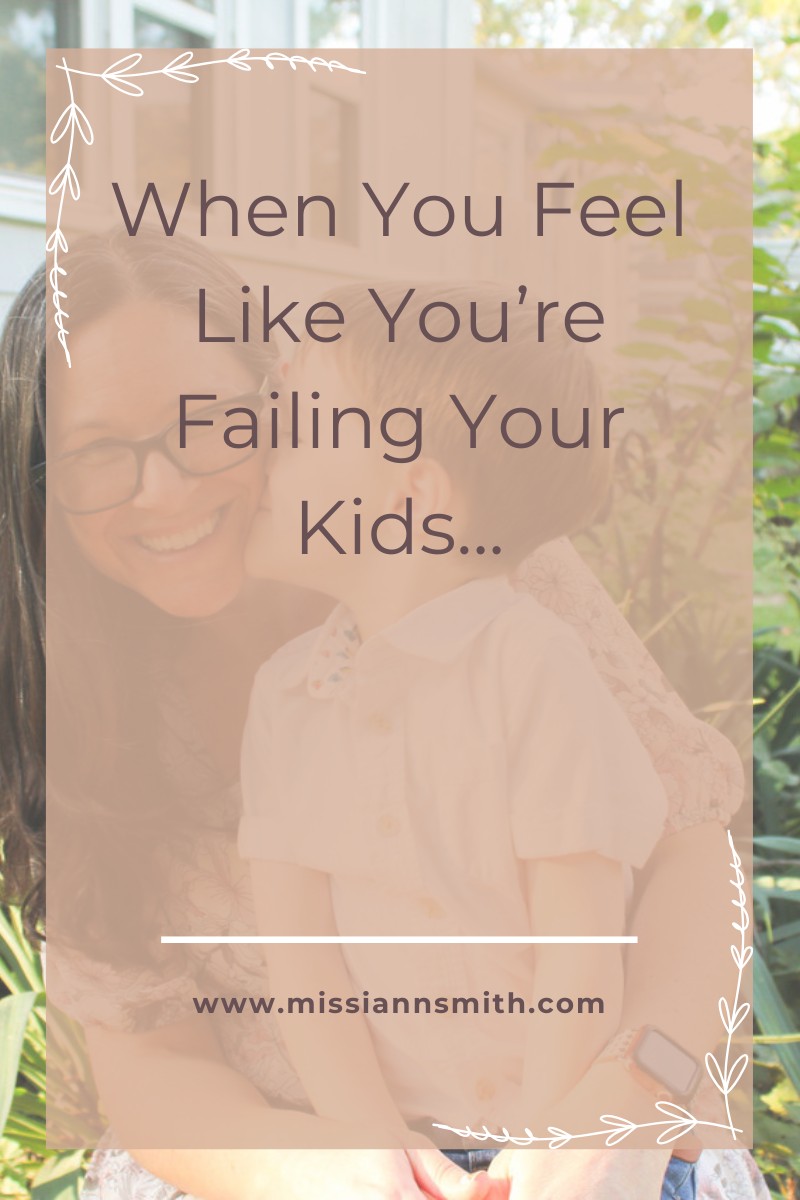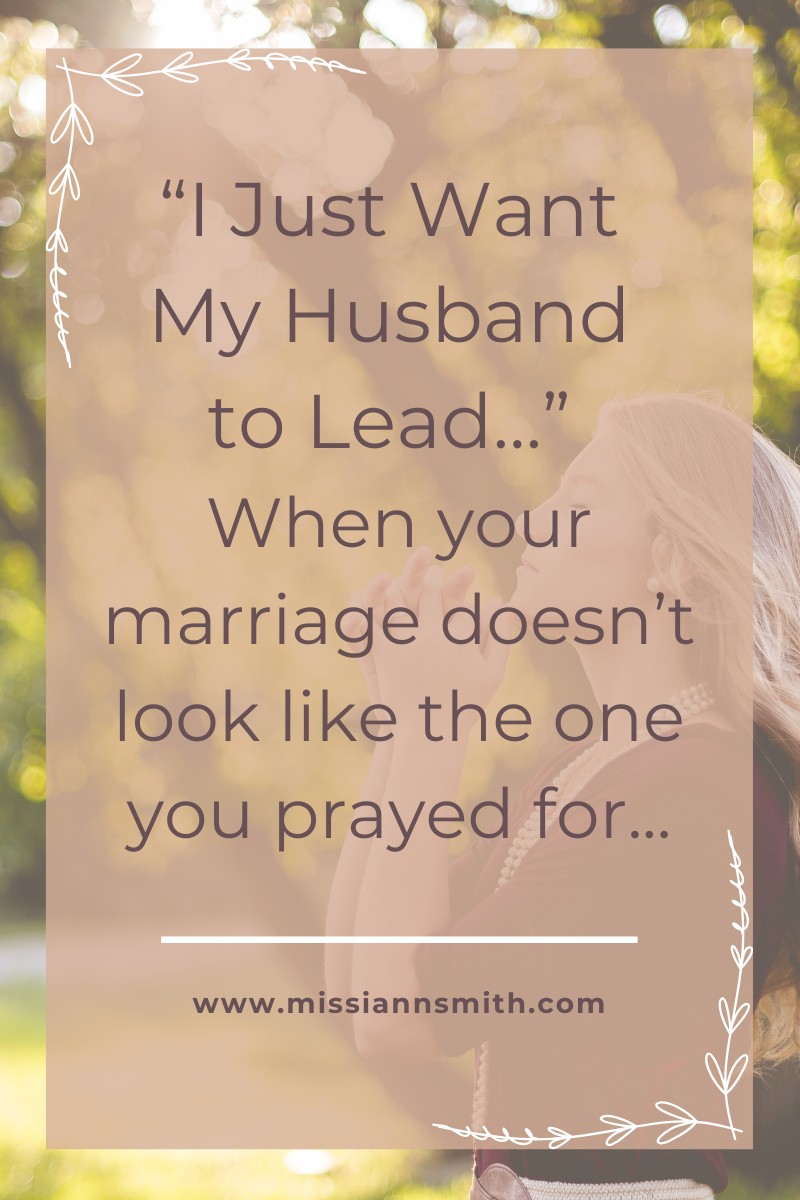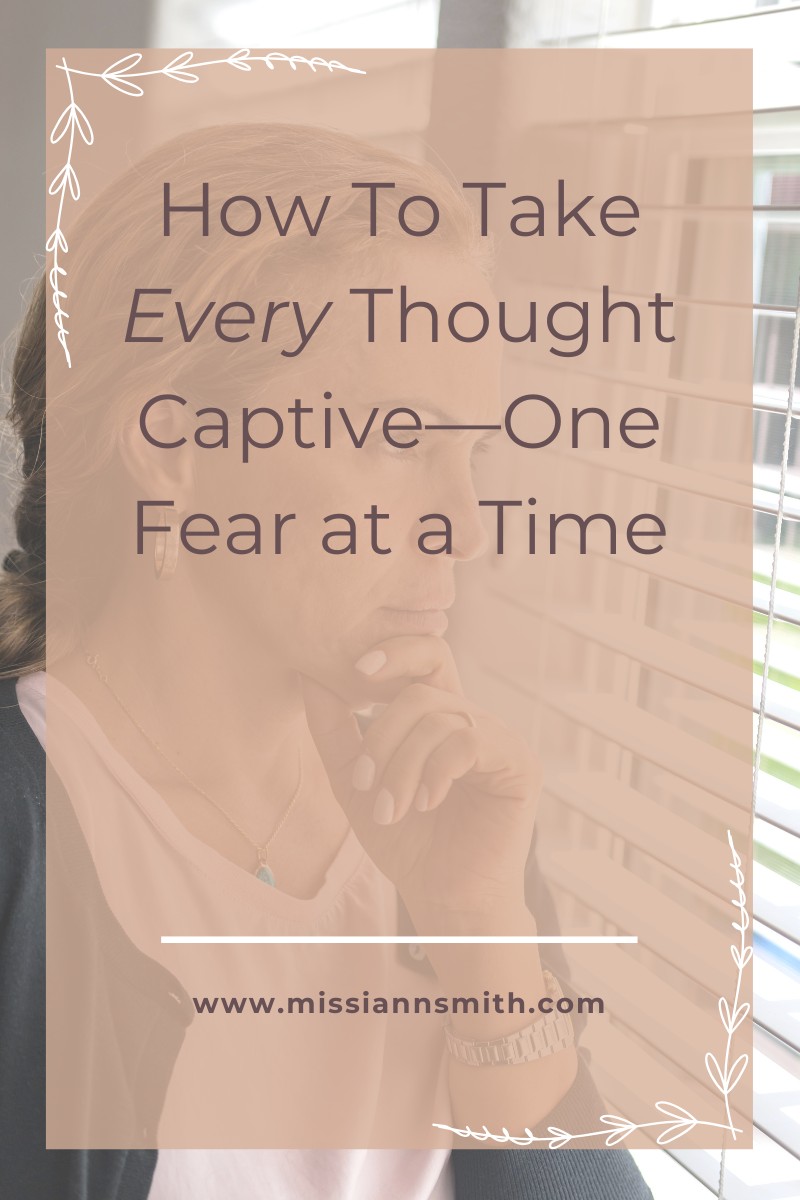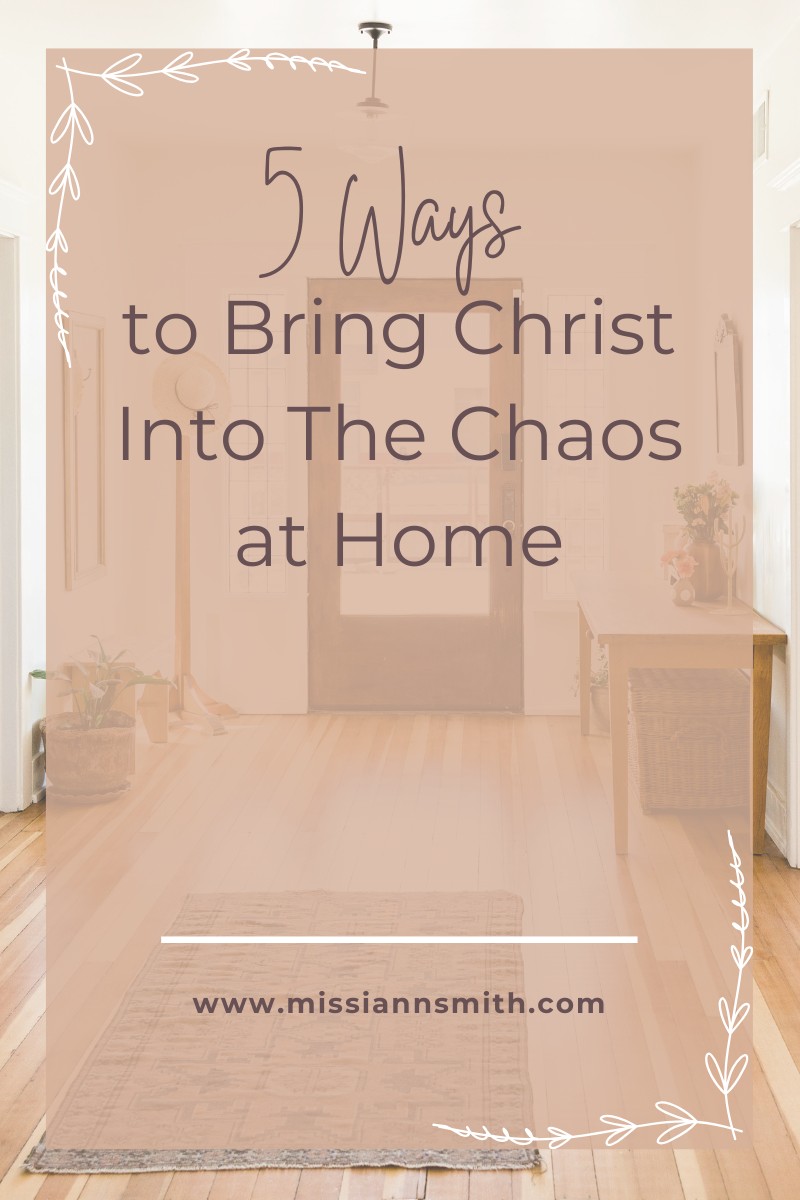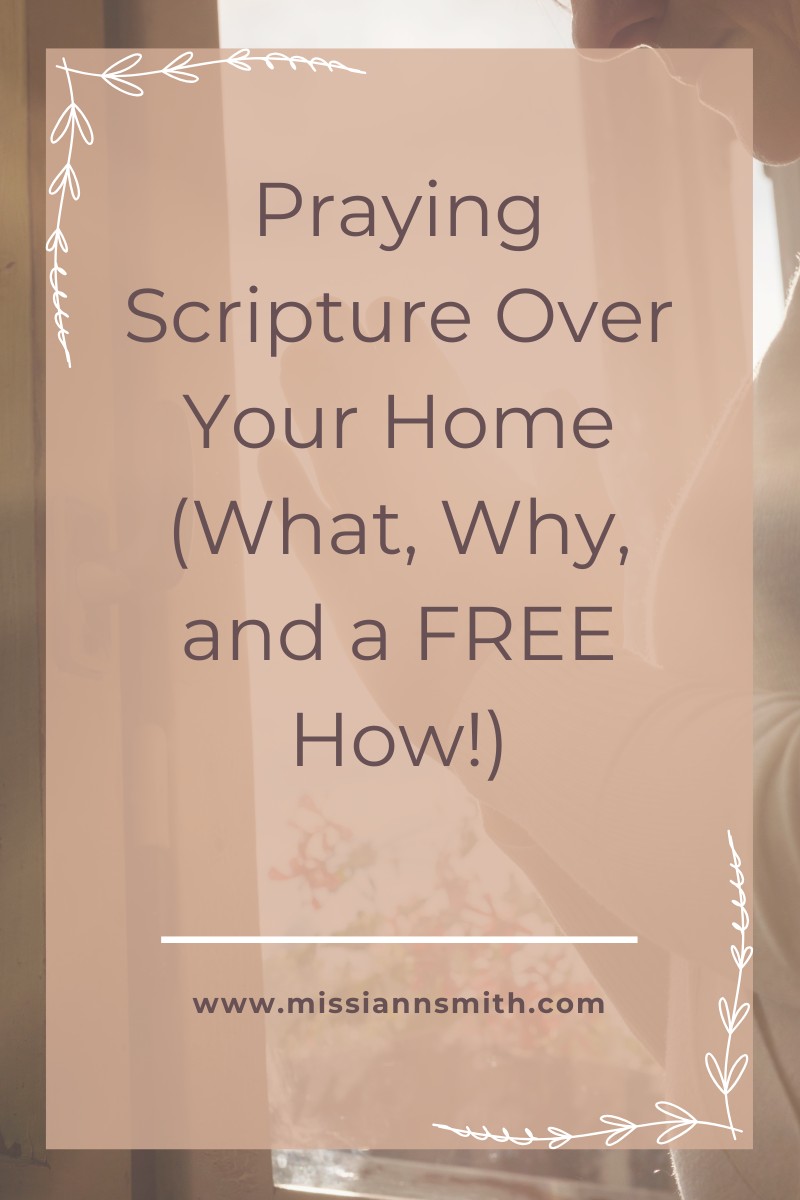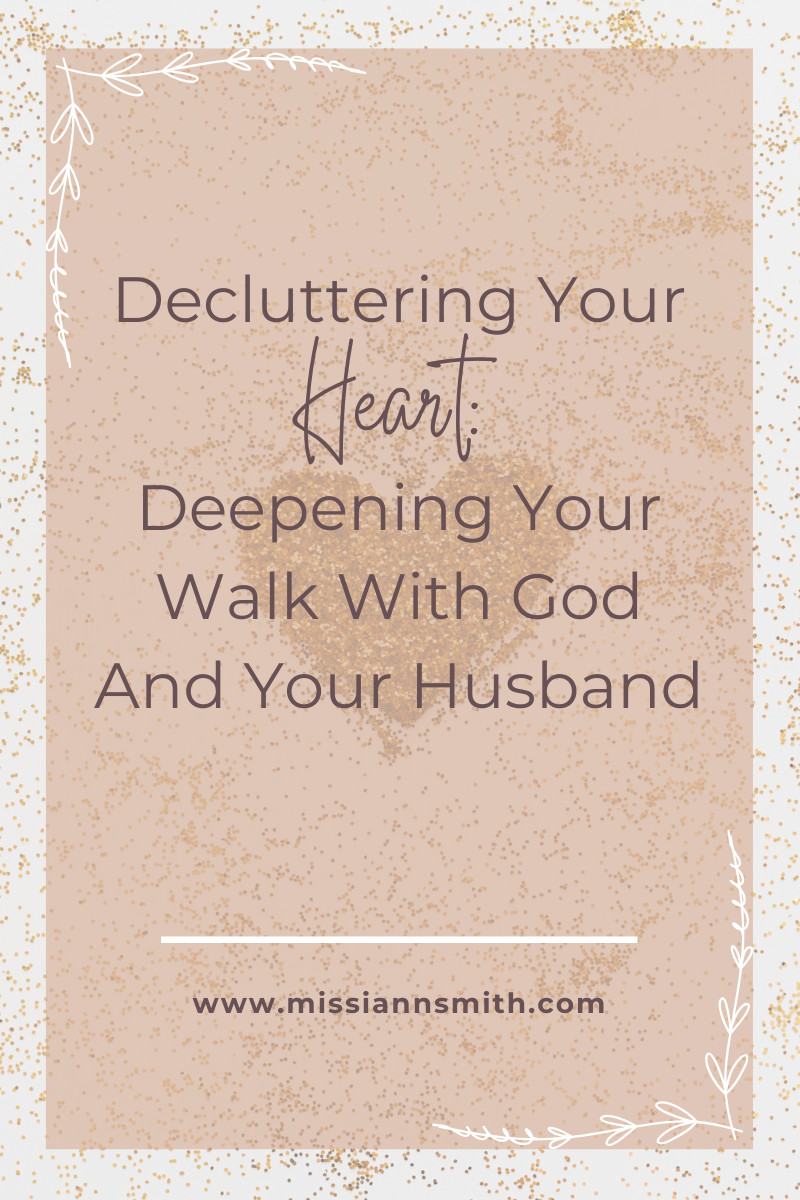
You know what time it is...
Spring cleaning season is here, and while you may be busy dusting shelves and tossing out clutter, have you paused to consider that your heart might need a little decluttering, too?
Just like a messy home can make it hard to find peace, a heart weighed down by sin, distractions, or unaddressed emotions can keep you from walking closely with God - which in turn can wreak havoc on your marriage.
Hebrews 12:1 tells us to
lay aside every weight, and the sin which so easily ensnares us.
This is an instruction, which indicates that we have control over whether or not we do this.
If we want a deeper, more intimate relationship with the Lord, and a stronger, healthier marriage, we have to make space for God by intentionally, purposefully, obediently letting go of the things that get in the way.
Maybe you're struggling with bitterness or unrealistic expectations toward your husband; a grudge you’re holding against a friend; or just the never-ending to-do list that keeps pushing time with God to the bottom of it (which means it rarely, if ever, happens).
Whatever it is, there are some steps you can take to declutter the things in your heart that aren't serving you, your faith, or your family, and free up some space to invite Christ to fill you with godliness and fruits of the Spirit.
The first step in decluttering your heart is identifying what’s there.
You can do this by prioritizing your time studying Scripture.
When you spend intentional time in the Word, the Holy Spirit brings to light the things you need to surrender (Psalm 139:23-24).
If you don’t make space for Scripture in your life (daily if possible), you won’t even recognize the clutter you're carrying.
Spend time reading and studying the Bible, and then take a few minutes to journal out a few things you feel the Spirit is revealing to you that you need to let go of.
The next step is to actively let go of sin and negativity.
This is where you apply what you study.
If God’s Word calls you to forgive, you forgive. If it calls you to trust instead of worry, you surrender your anxieties in prayer (Philippians 4:6-7).
It’s not enough to simply acknowledge the clutter; you have to remove it. And just like with physical clutter, this is an ongoing process—not a one-time event.
As you take steps to declutter your heart, you’ll find that your time with the Lord feels more joyful and meaningful, your marriage will benefit from your softened spirit, and your joy in Christ will grow.
The final step is to replace the clutter with fruits of the Spirit.
In Matthew 12:44-45, Jesus tells us:
Then it [the demon] says, ‘I will return to my house from which I came.’ And when it comes, it finds the house empty, swept, and put in order. Then it goes and brings with it seven other spirits more evil than itself, and they enter and dwell there, and the last state of that person is worse than the first.
When you simply try to stop doing or to release something, without replacing it with a godly alternative, you leave your mind, heart, and soul susceptible for the enemy to fill that space with even more clutter.
For example, you can try to stop thinking negative thoughts about your husband, but if you don't replace them with positive thoughts instead, you'll find yourself coming up with all sorts of other destructive assumptions to dwell on.
How do you cultivate the fruits of the Spirit? By practicing the core spiritual disciplines of Bible study, prayer, and worship.
If you need help getting started, I invite you to check out my free Quieting Your Mind Guide. This guide was created to help you learn how to experience deeper, more meaningful and fruitful connection with God in your quiet times.
Make time this week to sit with the Lord and ask Him to show you what needs to go. Then, be obedient in clearing it out and adding spiritual disciplines in so you can walk more freely with Him.
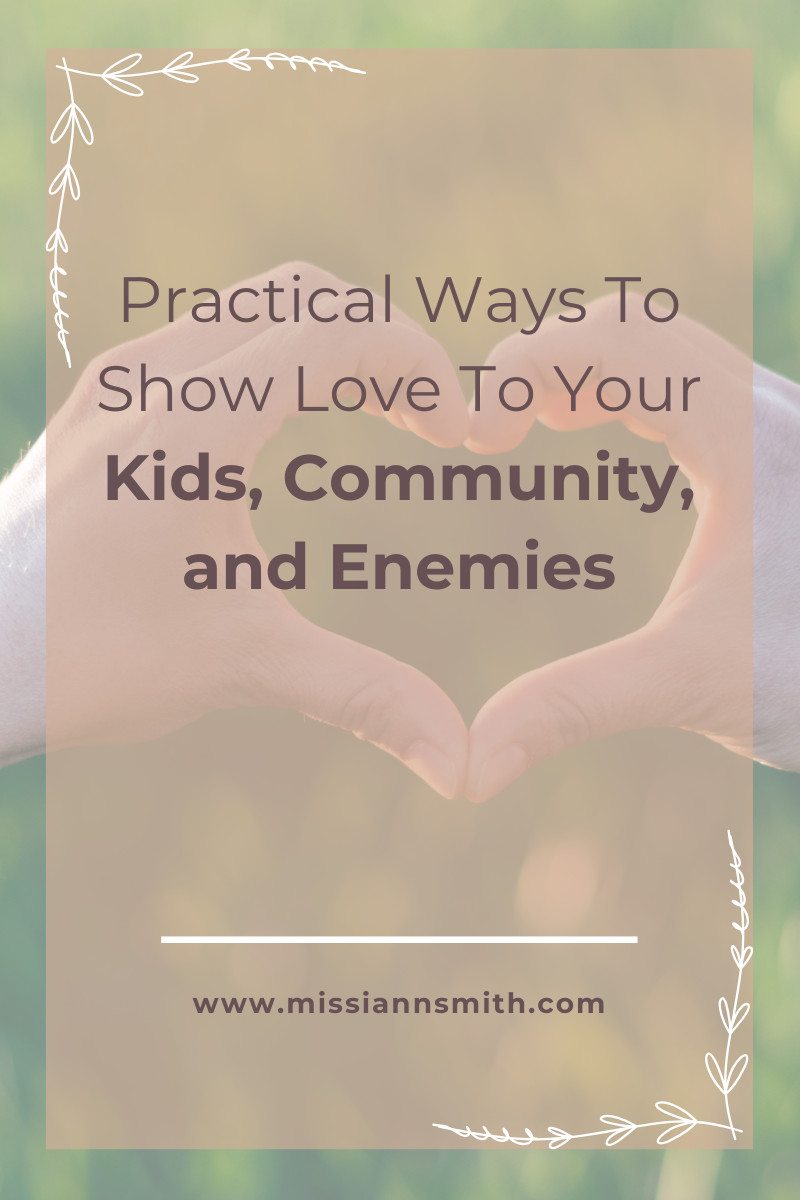
Now that Valentine's Day is well behind us, let’s talk about spreading love beyond our marriage.
We tend to focus on romantic love during Valentine's season, but Scripture calls us to love everyone - including our enemies. THAT one is tough.
As moms and just women who live in community with others, we have so many opportunities to show Christ’s love to our kids and the world around us.
The best part is that it doesn’t have to be complicated or overwhelming.
Start with your kids. Show love through intentional moments—for younger kids that might be:
- reading a favorite book together,
- playing a game
- asking about their day
- having a dance party
- baking together
For older kids, it might mean:
- sending an encouraging text
- leaving a sticky note on their mirror
- looking into their eyes as they share about something important, rather than looking at the phone or the clock
- going on a coffee date
Love is in the details, and it’s often the small, consistent acts that mean the most.
In your community, think about how you can be a light. Maybe it’s:
- baking cookies for a neighbor (or buying some if you aren't a baker!)
- volunteering at your church
- simply smiling at the cashier who looks like she’s had a long day
- leaving a larger-than-usual tip if you go out to eat
- writing an encouraging note and leaving it on the counter in a public restroom
These acts of love don’t just bless others; they also fill your heart with joy.
As adults, we don't often think about our "enemies", unless there is someone against whom we might be holding a grudge or hanging onto bitterness.
Some ways you can love your "enemies" might be to:
- pray intentionally and fervently for them (if you're no longer in contact with them)
- smile and show kindness (if it's someone you still see occasionally)
- send them an anonymous gift (Amazon works great for that)
- write them a note of forgiveness
This week, make a plan to show love intentionally. Write down one way to bless your kids (each of them if you have multiple!), one way to love someone in your community, and one person you'd consider an "enemy" to whom you can show Christ's love.
Keep it simple and achievable—this shouldn't add stress to your life.
Let’s be women who live out God’s love in every relationship.
This not only glorifies God, but as you step out in faith and obedience, you will grow in spiritual maturity and wisdom.
One act of love at a time can make a world of difference.

Sweet sister, have you ever thought about how much God’s love shapes your marriage?
I'm sure you've had thoughts about God bringing the right man to you to marry, maybe you've thanked Him for leading you to your husband, or maybe you've wondered if you actually did marry the right man.
But have you thought about how His love - His godly, enduring, long-suffering, faithful, selfless, servant-hearted love - daily affects your marriage?
God's love is the cornerstone, the glue, and the safety net all rolled into one.
Without His love, we’re left striving and falling short.
But when God’s love is your foundation - meaning it's the motivating factor behind every action and response you have towards your husband - everything changes.
God’s love is unconditional—it doesn’t depend on how well you “perform” as a wife. And that same unconditional love is what should spur you on to extend grace when your husband messes up, forgets something, hurts your feelings, disappoints you, or when you're in the middle of a heated argument.
It’s a love that chooses (intentionally, meaning you do have control over your ability to do this) forgiveness over bitterness and encouragement over criticism.
One of my favorite verses is 1 John 4:19:
We love because He first loved us.
As Christians, one of our goals is to become more Christlike each and every day.
Knowing that Christ loved you first, and you want to be more like Him, you should also desire to "go first" in your marriage - apologize first, respect first, organize date nights first, extend the olive branch first.
When you’re feeling worn out or unappreciated, let this truth sink in: God’s love isn’t only for you to receive; it’s for you to reflect. As Proverbs 11:25 reminds us:
One who waters will himself be watered.
When you water your marriage, you will be watered. When you reflect God's love to your husband, it creates a safe space for growth, healing, and joy.
This week, take time to rest in God’s love for you.
Meditate on Scripture, journal your thoughts, and ask the Lord to open your eyes to His love for you.
Then, look for opportunities to allow that love to overflow into your marriage—whether it’s a kind word, a forgiving heart, or a simple hug.
Bonus points for finding ways to specifically love your husband in his own love language.
Let’s anchor our marriages in God’s love and watch Him do amazing things through us.

Buckle up, buttercup; this topic may get a little bumpy.
Let me first say that if just the title of this post gets your blood boiling, there is clearly some unlearning and biblical learning that needs to happen. I have been there; I get it.
With that note out of the way, let’s chat about something I’ve wrestled with (and I'm sure you have to, unless it's a topic you've been told to ignore): serving my husband.
In our current feminist society, serving your husband is something only weak, controlled, subservient "trad wives" do. The world will tell you that in marriage, you shouldn't have to serve your husband. You should be equals and make each other happy and show mutual respect (some of which is true).
Scripturally, we're called to serve one another as a body of believers:
Galatians 5:13
For you were called to freedom, brothers. Only do not use your freedom as an opportunity for the flesh, but through love serve one another.
Ephesians 6:7-8
Rendering service with a good will as to the Lord and not to man, knowing that whatever good anyone does, this he will receive back from the Lord, whether he is a slave or free.
Wives are called to submit to their husbands, which in and of itself is service to him. Being a "keeper at home" per Titus 2 is an act of service. When you apply those passages alongside the others that call believers to serve one another, it's obvious wives have a particular role in serving their husbands.
I don't know about you, but as a Christian, my goal is to understand Scripture so that I can apply and OBEY it. Obedience to God is EVERYTHING.
Simply knowing what the Bible says doesn't do us any good if we don't seek to live it out (even the demons acknowledge Jesus; the difference is they don't obey Him).
And so, the quest began to serve my husband out of obedience to Christ.
For a long time, “serving” felt like a chore, something I had to do because I was the wife.
But when I began to understand that serving him was a way to honor God and pour love into my marriage, my perspective shifted.
Serving your husband doesn’t have to mean elaborate meals or Pinterest-worthy gestures (unless that’s your thing - it's definitely not mine).
It can be as simple as asking how you can pray for him or surprising him with his favorite snack (Aldi has great random snack finds!).
The key is doing it with joy, not resentment or obligation.
- When you serve joyfully, it’s like planting seeds of love that will grow over time.
- When you serve joyfully, God is honored and glorified.
- When you serve joyfully, YOU will be more joyful.
- When you serve joyfully, your husband feels more loved and respected.
- When you serve joyfully, you set a biblical example for your children, your friends, and all of those in your circle of influence.
This month, why not make it fun?
Think of creative ways to bless your husband.
- Write him a note each day leading up to Valentine’s, telling him one thing you appreciate about him.
- Plan a date night that focuses on something he loves, even if it’s not your favorite (Top Golf?).
- Take on one of his chores for the day as an act of kindness.
- Rub his shoulders or back, or his legs if he holds tension there.
- Fill a jar with Hershey's hugs and kisses and give him a real one each time he takes out a candy.
- Send him a "meat bouquet" or a "jerky heart".
Remember, serving isn’t about getting something in return. It’s about showing Christ’s love in a tangible way.
And when you do it joyfully, your heart softens, your connection deepens, and your marriage gets a little sweeter.
So grab your planner or a sticky note and jot down some simple ideas to serve your husband today. Little things add up to big love.
Share your ideas in the comments, too! Let's inspire and encourage our sisters in Christ today!

Hey sweet friend, pour a cup of coffee and let's talk about love—the real, gritty, God-designed kind that makes marriages thrive.
We hear “love” tossed around so casually ("Okay, love you, bye!"), but biblical love is in a league of its own.
It’s not just warm feelings or grand gestures; it’s patient, kind, and selfless. It’s the kind of love Paul describes in 1 Corinthians 13—love that doesn’t keep score, isn’t easily angered, and rejoices in the truth.
It's the kind of love that requires action - intentional acts done offered from a heart of obedience, not necessarily driven by emotion.
And let's be honest: this kind of love rarely comes naturally.
When your husband forgets to take out the trash (again), or it feels like you’re carrying the weight of the family on your shoulders, the love that “always protects, always trusts, always hopes” can feel out of reach.
But here’s the beautiful thing: biblical love isn’t something we manufacture on our own. It’s the love of Christ flowing through us, empowering us to love in ways we never could on our own.
Understanding biblical love starts with seeing marriage as a reflection of God’s love for His people.
Ephesians 5 reminds us that a husband and wife are meant to mirror Christ and the church—sacrificial love on one side, respectful submission on the other.
It’s a dance of mutual care and humility, and when we embrace God’s design, it transforms the way we relate to each other.
This week, take a moment to read 1 Corinthians 13 with fresh eyes, imagining each verse as a lens for your marriage. Pray and ask God to show you how to love your husband with more patience, more kindness, and less self-seeking. None of us do this perfectly, but by leaning on the Lord, we grow in grace every day.
Let’s commit to walking this out together, one loving action at a time. The ripple effects on your marriage will be worth it.


